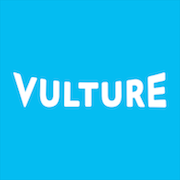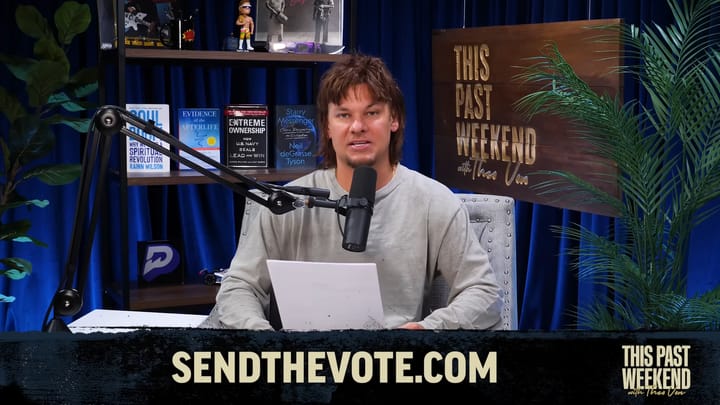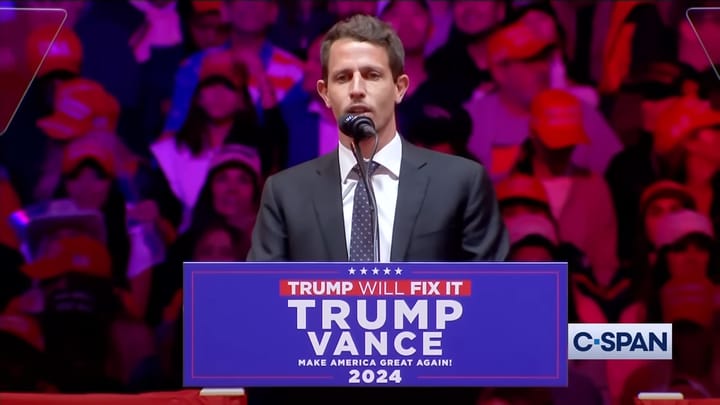Jerry Seinfeld: "The Extreme Left" Killed TV Comedy
And other recent news.

Apologies for the light programming this week, I’ve been a little under the weather. I should be back in business next week; for now, here are a few things that have caught my eye lately.
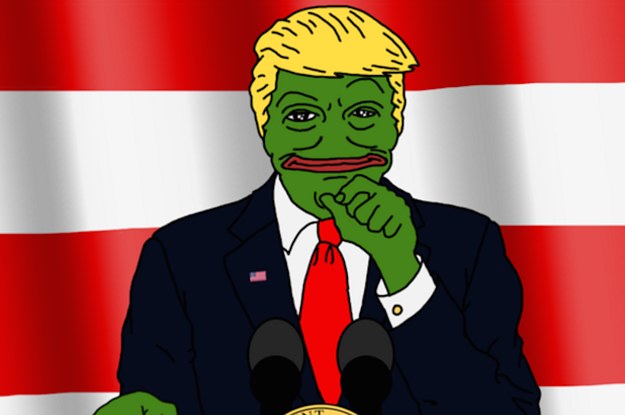
The alt-right comedian Sam Hyde is set to appear once again on Skankfest, the comedy festival produced by Legion of Skanks. The festival features a long list of comedians whose willingness to perform alongside a proud racist and antisemite won’t come as any surprise—Shane Gillis, Dan Soder, Jeff Dye, Pauly Shore, Mark Normand, Mike Recine, Tim Dillon—as well as a few I’m somewhat surprised to see, like Beth Stelling, Dina Hashem, and Ranaan Hershberg. It’s disappointing to see lefty Eddie Pepitone on there as well, but sadly he’s a Skankfest regular at this point.
But thats not all: Hyde, who was effectively ostracized from comedy after the 2016 cancellation of his Adult Swim show Million Dollar Extreme, and who’s spent recent years crawling back to the scene with an assist from the likes of Gillis and Adam Friedland, is currently touring comedy clubs across the US. Recent or upcoming stops include the Comedy Castle in Royal Oak, Michigan; The Comedy Bar in Chicago; Rick Bronson's House of Comedy in Minneapolis and Phoenix; Side Splitters in Tampa; Vulcan Gas Company in Austin; and The End in Los Angeles. The tour is produced by Knobhill Productions, a production company owned by the super racist and anti-abortion comedian Josh Denny, who until earlier this year hosted a show on Censored TV, the content platform run by Proud Boys founder Gavin McInnes. Nazis: they’ll always have a home in comedy.

Variety devoted its cover this week to the racist podcaster Tony Hinchcliffe, who recently featured Tucker Carlson on his show Kill Tony, which records at Joe Rogan’s Austin club Comedy Mothership. In an interview, Hinchcliffe stood by by his racist rant that went viral in 2021, taking great care to explain that it’s just what comedy fans want:
What happened in May of 2021 was that I was playing a joke on stage with someone who knew me and knew my style. And it was a time in which I think being a victim was looked at — as a — I don’t want to say a good thing, but it was something that people were utilizing to get their own names out there.
I knew that what I had done was not wrong. It wasn’t even the worst thing I did that week. I couldn’t believe it when that video came out, and it was one of my former openers doing it. It was so dumbfounding to me because it was a joke, and my stance is that comedians should never apologize for a joke, should never stop working if everyone comes after them and should never slow down. In fact, they should utilize anything that happens to them for more material. Real comedy fans see through it. They want that line. They know that line. And they love that line. That line is exactly where I love to exist, and I push that to the limits. I did P. Diddy jokes this past weekend. I told Nickelodeon jokes, a Baltimore bridge reference. People say, “But what if someone’s family that was on the bridge sees that?” It’s a different little island that we’ve created. It existed in Texas, obviously a staple of free speech, but while L.A. and New York have virtue signaled their way into what’s right and what’s wrong. We go forward here.
Hinchcliffe, who shares an agent with Will Ferrell and Sarah Silverman, and who will headline the Netflix Is A Joke Festival next month, provides an excellent case study in the pandemic’s acceleration of comedy’s rightward shift. You may recall that his infamous rant took place at the venue Vulcan Gas Company, whose owner, Brandon Lewin, strategically leveraged Covid to produce comedy in an environment with few other live entertainment offerings. In an interview in 2021, Lewin told me that Austin had become a “third coast city” for comedy. “It never would have happened if it wasn't for the pandemic and it wasn't for Joe Rogan moving down here,” he said. “I wholeheartedly believe that we never would have saw this shift if it wasn't for that.” (He’s hosting Sam Hyde in June.)
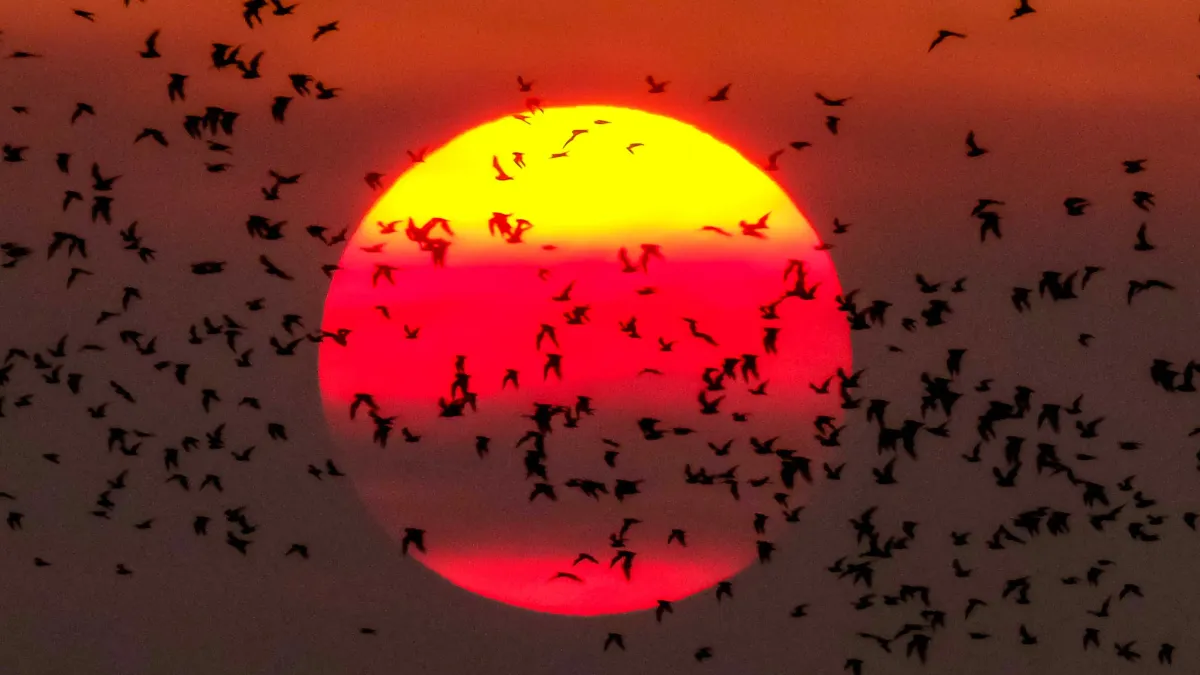
What’s revealing about Hinchcliffe’s interview with Variety—other than his refusal to apologize for extremely straightforward hate speech—is the way he equates caring about racism with caring about Covid. Observe:
So, to be clear, are you saying people use “being offended” as a crutch to advance in the business?
One hundred percent. It’s virtue signaling. I don’t want to make it political or anything like that, but I look at it like wearing a mask at the airport. I’ve been on the road all these weekends, and I still see people wearing masks, and I get it. Maybe people are fighting cancer or something like that. But the reality is, are you really? Are you really trying to not get sick? Are you afraid to get somebody sick? The whole thing is nonexistent. Now, a doctor will tell you, you don’t have to do that, and you shouldn’t. There are more negative repercussions. The mask is virtue signaling. It’s like, “Look at me, I care.”
Of similar interest is the way he cites his own fans as an authority on acceptable speech. Obviously it’s the most common move in the world for comedians to cry “no, the people who like my jokes like my jokes!” when they come under criticism, but it still tickles me to see self-styled anti-woke comics decry progressive echo chambers in the same breath that they admit they’re in their own echo chamber:
What’s your take on people being too sensitive nowadays?
Nobody who knows me is not sensitive at all. If you look at the profiles of people who are upset, angry or retweeting in a “canceled” situation, you will see that they’re constantly complaining about things. In May 2021, mainstream media had a tight grip on fear and controlling people. But I don’t see any sensitivity; on the contrary, in my shows, I see people who say, “That’s the moment.”
I have a George Floyd joke that I do. That’s entirely on me, but if someone didn’t know comedy and wasn’t a high-level stand-up fan, they would go, “Oh, you cannot do that. You cannot bring up that kind of subject matter.” I think people must realize that we are professionals. And yes, sure, we deal with the repercussions of what happens.
“High-level stand-up fan.” You gotta laugh! I don’t know if you’ve ever encountered Hinchcliffe’s work, and for your own sanity I hope you haven’t, but here’s what you should know: he hosts a podcast where amateur comedians perform short sets and get mercilessly mocked by a panel of famous comics. It is the lowest of common denominators, cruelty is very literally the point, which is why it should disturb us all how incredibly popular it is. It’s not a defense of Hinchcliffe that his fans love what he does; it’s an indictment.
Elsewhere in Interviews With People Who Really Don’t Deserve The Attention, But So Long As You’re Giving It To Them, Maybe You Could Be A Little Less Credulous About It?, Vulture spoke with Robbie Praw, Netflix’s head of comedy programming.
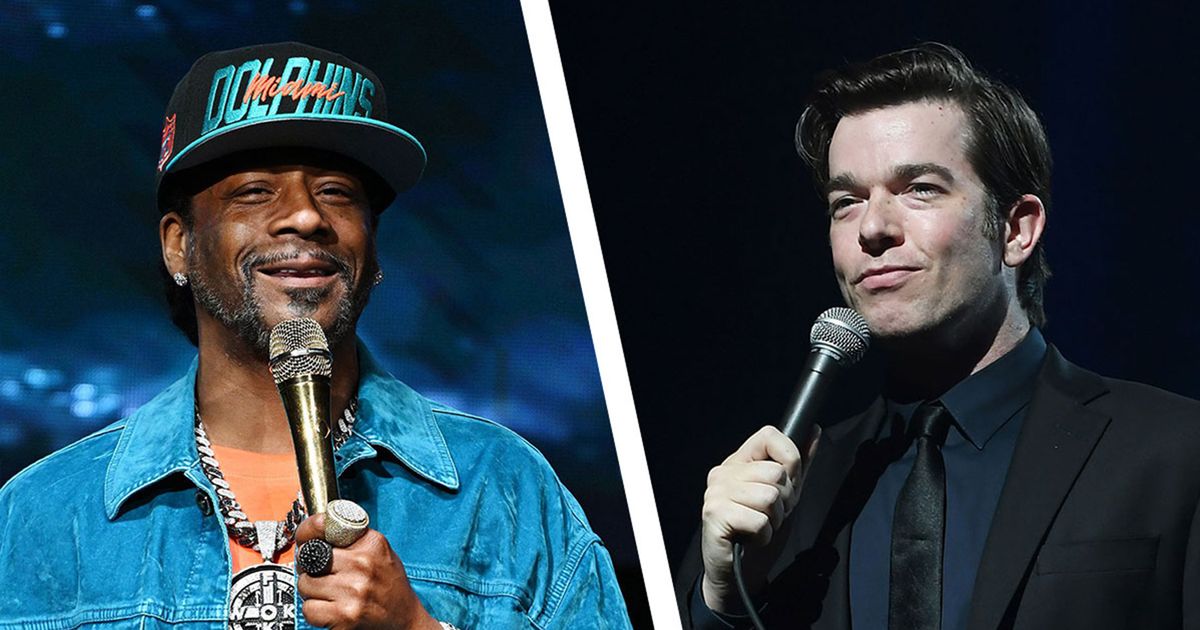
I personally hoped that in the wake of a strike that exposed entertainment executives as the unequivocal enemy of art and arts workers, we might leave these sorts of friendly interviews in the past. I also hoped that Netflix’s unerring loyalty to anti-trans activist Dave Chappelle, even after protests and a labor complaint by its own employees, might become something of a lasting stain on the streamer, or at least its comedy arm. Not so. The subject warrants one question from Vulture—which does not bother to mention what’s objectionable about Chappelle’s comedy)—to which Praw responds with the standard pablum about serving its customers:
You have so many different kinds of comedians on Netflix, but some of them have generated blowback from audiences because of the content of their work. Dave Chappelle is the most notable example, of course. The company’s top leadership has made it clear in the last couple of years that it’s not going to pull shows which generate a lot of negative response. And you talked about this with Vulture two years ago. I’m curious how you see things today, headed into a series of live events where the risks of a backlash to a joke are not insignificant.
I respect the fact that certainly some folks won’t respond to certain things. But at the end of the day, we want to give people options. And part of that is, some people’s favorite thing to do on a Saturday night may be to watch a Dave Chapelle [sic] special. For some people, it may be Taylor Tomlinson or Mae Martin or Sarah Silverman or John Mulaney or Chris Rock. And we don’t want to block those choices for our members. We want to give them the option. Our members have the ability of clicking on something; they have the ability to shut off something. You could buy a ticket, or you don’t need to buy a ticket. If we’re doing our jobs well — especially in an art form that’s often on the bleeding edge of big discussions of things that are going on in culture — I think it is very important that we give our members that choice. But we certainly understand if then not everything is for everybody.
This is the same basic move that Hinchcliffe makes and which zillions of other people in comedy make: reframing ethical and political questions as matters of consumer taste, in effect deferring those questions to the consumer, whose very existence becomes the answer. People want it, therefore we are right to provide it. If one is actually interested in the ethical and political questions, though, there is no logical reason for the conversation to end there; the fact that there’s an audience for, say, transphobic comedy should really just raise further questions.
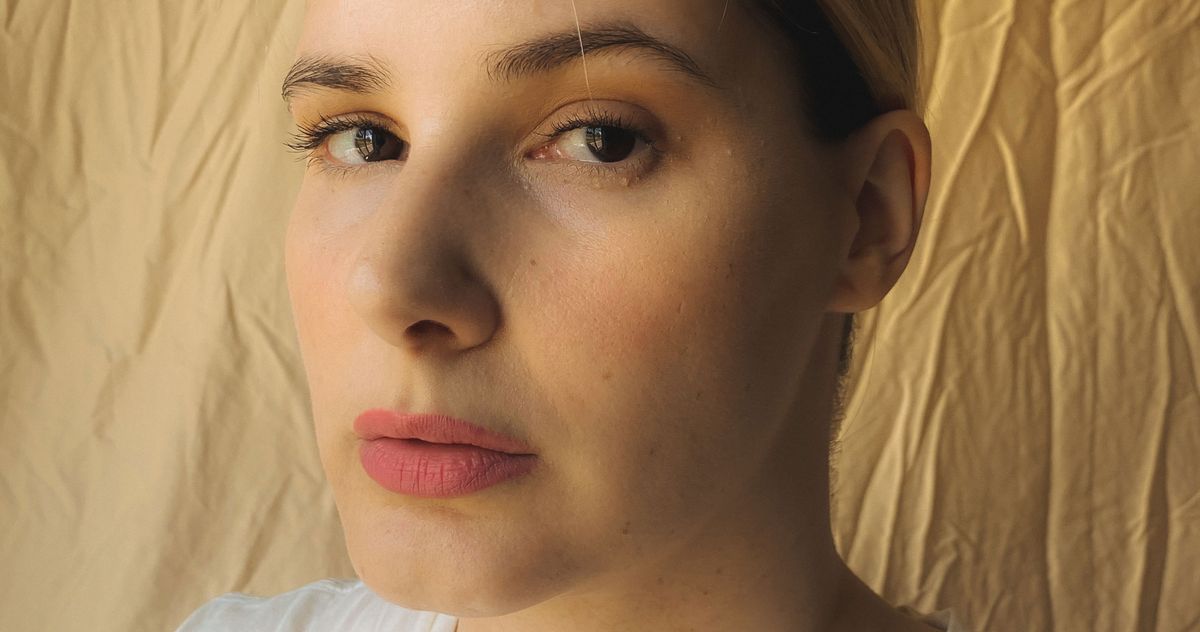
But you don’t get to Praw’s position by caring about ethics. The interview is a bit of promotion for the Netflix Is A Joke festival, which begins next month and will feature, among other loathsome figures, the alleged pedophile Jeff Ross, who appeared in an ad last week for the festival’s Roast of Tom Brady.
The Greatest Roast of All Time: Tom Brady will be LIVE on Netflix on May 5 at 8pm ET / 5pm PT.
— Netflix (@netflix) April 22, 2024
Hosted by Kevin Hart with an all-star lineup of surprise roasters. No Brady Rule. No Pads. No Mercy. #TomBradyRoast pic.twitter.com/52ql1QvdV2
Ross has been on outs with Comedy Central since Vulture published its compelling report on his relationship with a teenager a few years ago. While he has toured steadily, retained his status in the LA scene, performed a few voice acting roles that I’d wager were recorded before the pandemic, and appeared in a Super Bowl commercial and the Amazon film Ricky Stanicky, the Netflix festival effectively represents his return to comedy on television. Which makes Praw the executive rehabilitating him. Unsurprisingly, he has nothing to say on the matter—not that Vulture even asks. What a depressing state of affairs, that the publication that exposed Jeff Ross should end up promoting his return.
In the New Yorker Radio Hour yesterday, Jerry Seinfeld, currently promoting his Netflix movie about Pop-Tarts, based on his decade-old joke about Pop-Tarts, complained that wokeness killed TV comedy:
Nothing really affects comedy. People always need it. They need it so badly and they don't get it. Used to be you would go home at the end of the day, most people would go, "Oh, Cheers is on. Oh, M.A.S.H. Is on. Oh, Mary Tyler Moore is on. Oh, All in the Family's on. You just expected, "There'll be some funny stuff we can watch on TV tonight." Well, guess what? Where is it? This is the result of the extreme left and PC crap and people worrying so much about offending other people. When you write a script and it goes into four or five different hands, committees, groups. Here's our thought about this joke. Well, that's the end of your comedy. They move the gates, like in skiing. Culture, the gates are moving. Your job is to be agile and clever enough that wherever they put the gates, I'm gonna make the gate.
I just… what?
Raise-getter Colin Jost is hosting the White House Correspondents’ Dinner tonight, which offers a great excuse to revisit my review of his memoir:
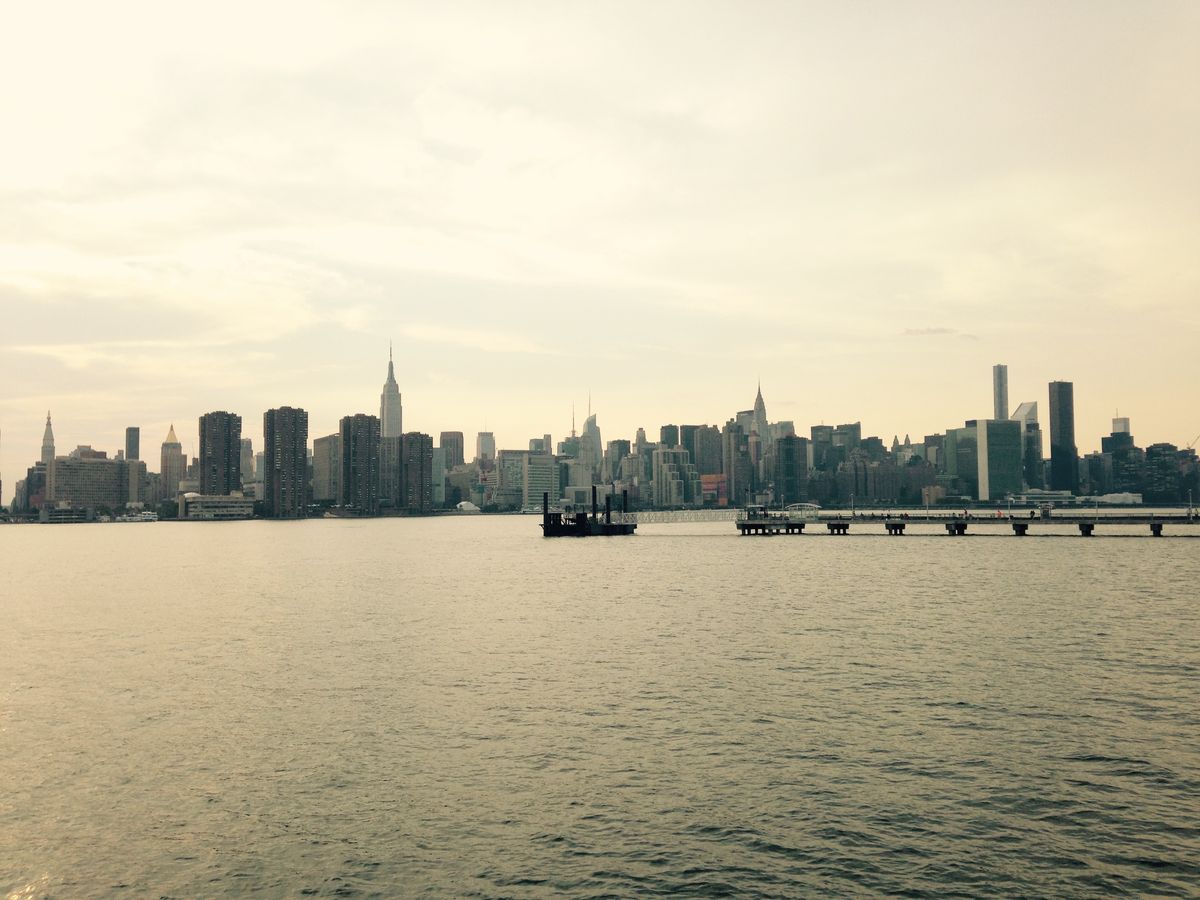
Break a leg, Colin!


